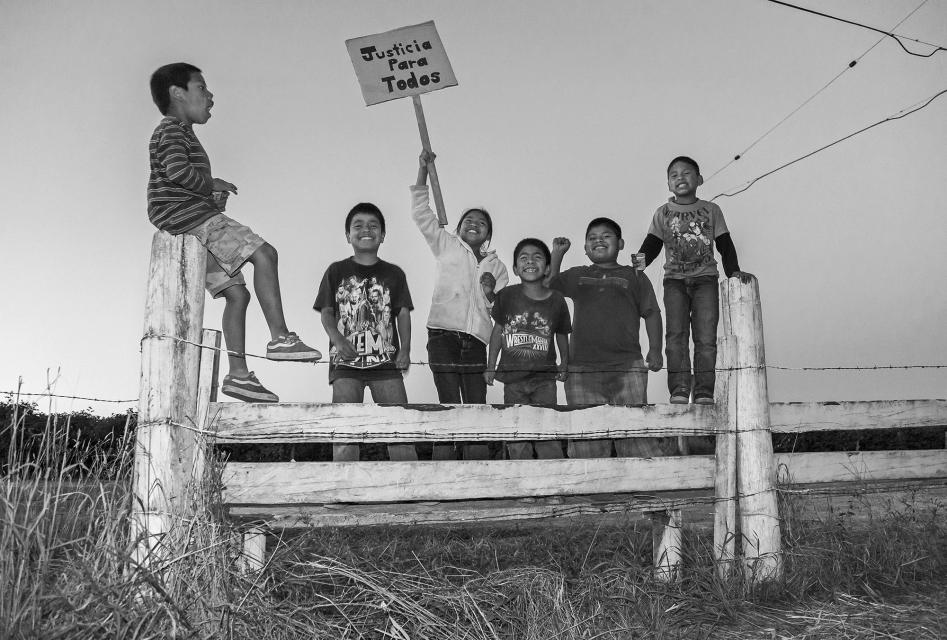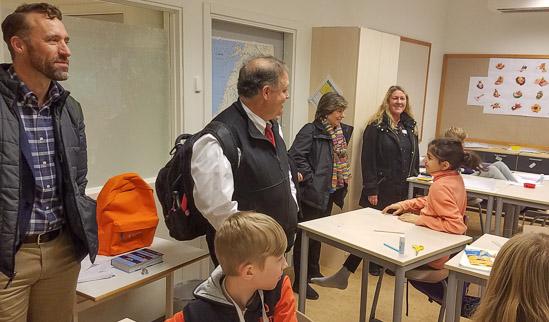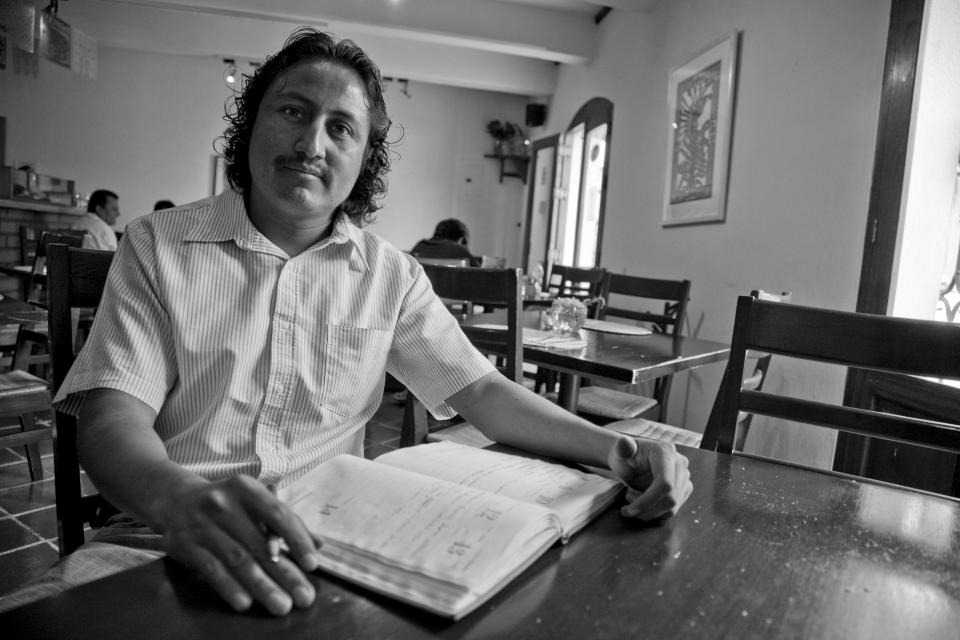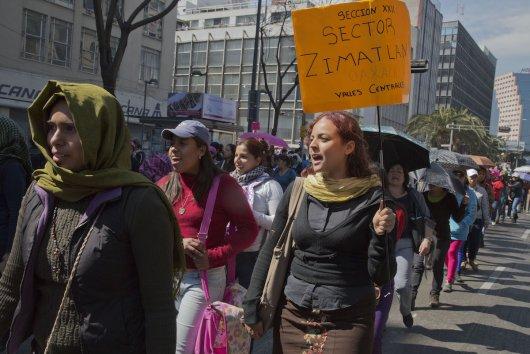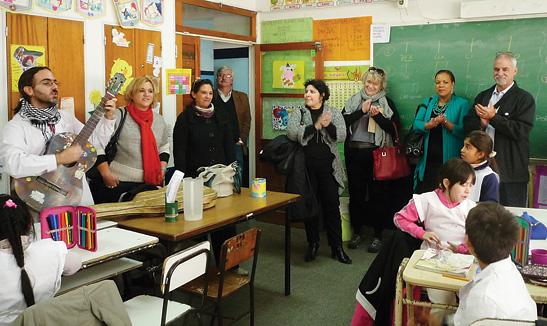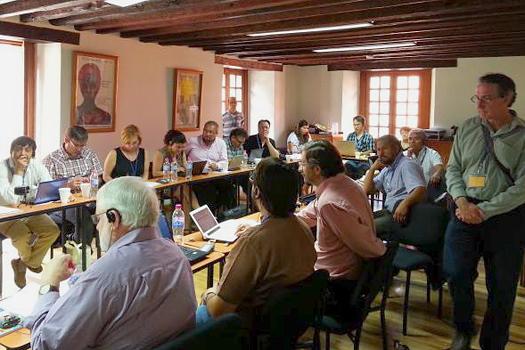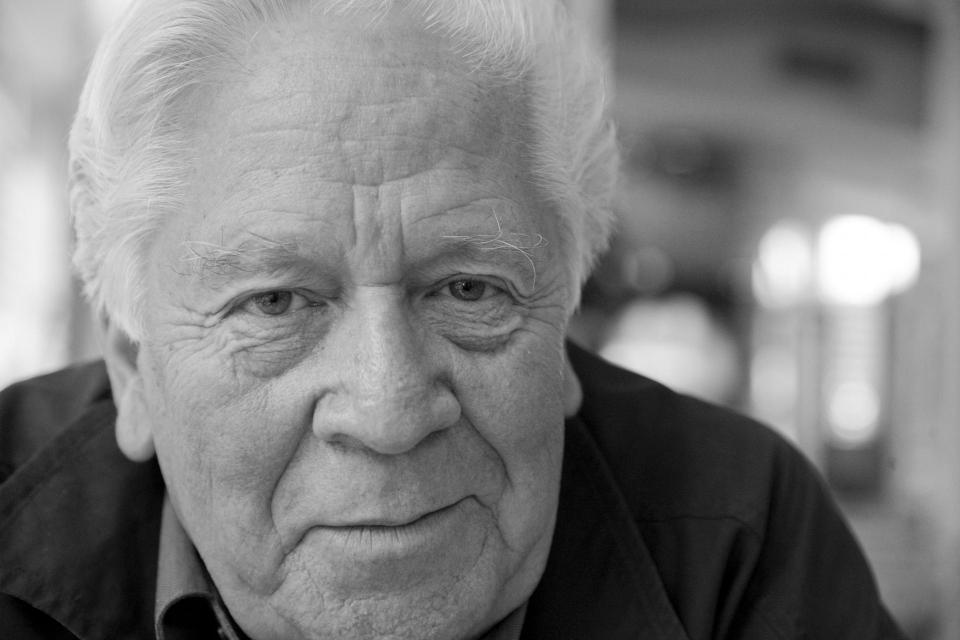Tri-National Conference: Top-down educational reforms endanger public schools
By Sarah Ringler, Pajaro Valley Federation of Teachers, Retiree Chapter
Evidence shows that teachers are stressed. A 2017 survey in British Columbia found that two-thirds of teachers felt “stressed and emotionally exhausted all, or most of the time. In the United Kingdom, 86 percent of teachers reported increased workplace stress. In the United States, 40 percent of teachers quit teaching within five years, leaving schools with inexperienced teachers who often are assigned to teach the most challenging and vulnerable students.
School Choice: A Tale of Two Countries
Norway and Sweden take divergent paths
By Jeffery M. Freitas, CFT Secretary Treasurer
In October I accompanied AFT President Randi Weingarten and several fellow AFT union leaders on a fact-finding trip to Sweden and Norway. The purpose of the trip was to examine firsthand the approaches taken by the countries to inform our own approach to public education.
At first glance, Sweden and Norway seem nearly identical. Both countries have low levels of income inequality. They fund their schools well and it shows. They both have high rates of union membership and participation. And they both have a relatively high rate of electoral participation.
Oaxacan teachers challenge the test
Last year an AFT resolution declared that U.S. public schools are held hostage to a “testing fixation rooted in the No Child Left Behind Act,” and condemned its “extreme misuse as a result of ideologically and politically driven education policy.” AFT President Randi Weingarten proposed instead that “public education should be obsessed with high-quality teaching and learning, not high-stakes testing.”
Nine killed in Mexico fighting punitive education reform
Government turns to violence, refuses to negotiate
Since the killing of nine demonstrators in the Oaxacan town of Nochixtlán on June 19, Mexico has been in an uproar over the force used against teachers resisting corporate education reform. As the school year started on August 22, teachers in four states refused to return to classes until the perpetrators of the massacre are held responsible and there is a negotiated agreement to change the government’s program.
Facing bullets and prisons, Mexican teachers stand up to education reforms
On Sunday, 19 June, demonstrators blocked a highway — a common form of protest in Mexico’s southern state of Oaxaca — after the federal government arrested leaders of the state’s teachers union. Heavily armed police then fired on teachers, students, parents and supporters. Nine people were killed, and many more were wounded.
CFT supports families of missing Mexican students
Survivor tells horrific tale of persecution and murder
Angel Neri described the unique education given students at the Raul Isidro Burgos School in Ayotzinapa, Guerrero, in his speech at CFT Convention. The school takes students from rural farming communities, trains them as teachers, and then encourages them to return to work in schools in the poorest, most remote communities in Mexico. This has earned the school the enmity of corrupt and violent elements of Mexican society.
Lessons from Latin America: Reclaiming public education requires powerful fight back
By Joshua Pechthalt, CFT President
The CFT’s emerging campaign for quality public education underscores the fundamental problem we face in this country — the lack of a powerful social movement for economic, political and social equality.
A Tale of Hope and Caution: How three Latin American nations are defending public education
By Joshua Pechthalt, CFT President
As part of AFT’s ongoing effort to build alliances with educators and trade unionists around the world, President Randi Weingarten led an AFT delegation in May to meet education union leaders and other unionists in Brazil, Argentina and Chile. I joined them as we looked at their multi-year effort to defend and expand public education, and to develop a response to attacks.
CFT brings voice to 10th Annual Trinational Coalition in Mexico City
Peter Brown is representing CFT at the 10th Annual Trinational Coalition to Defend Public Education now underway in Mexico City. Brown teaches at Laney College in Oakland and is a member of the Peralta Federation of Teachers.
Worldwide group of contingent faculty strategize
Faculty face same issues in United States, Canada, South Korea and Mexico
Part-time faculty members of CFT attended the 10th conference of COCAL International, the Coalition of Contingent Academic Labor, in Mexico City, where California, despite its problems, was held up as a standard for part-time equity.
How and why Mexico’s City University came to be
Q&A with Manuel Perez Rocha, founding president of the university
Q&A by David Bacon, Labor Journalist
Manuel Perez Rocha was the founding president of the first major university established in Mexico City in decades, the Autonomous University of Mexico City. Mexico doesn’t have the equivalent of two-year community colleges, but the UACM is very close to the ideas on which our community college system is based.
It’s What Matters Today
In American education and in Finnish education
Diane Ravitch and Pasi Sahlberg spoke at events hosted by United Educators of San Francisco and co-sponsored by CFT and CTA

